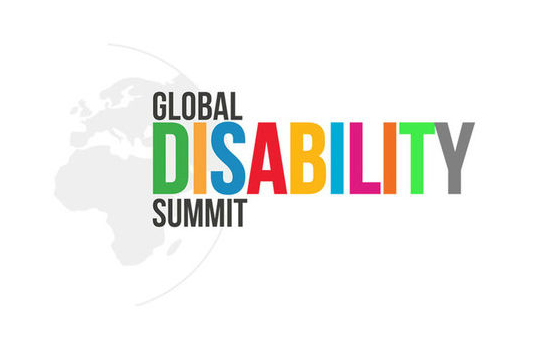The Global Disability Summit (GDS) 2025, held in Berlin on April 2–3, showcased a dynamic program that celebrated innovation and strengthened global commitments to disability rights. Building on the successes of the previous summits (GDS 2018 and GDS 2022), this year’s event was co-hosted by the governments of Germany and Jordan, alongside the permanent co-host, the International Disability Alliance (IDA). This remarkable global mechanism continues to galvanize efforts to achieve disability inclusion worldwide.
In an increasingly divided world, where progress on disability rights and broader inclusion faces major setbacks, GDS 2025 arrived at a pivotal moment. It united stakeholders from diverse sectors and countries, fostering an environment for sharing insights, best practices, and strategies to advance disability inclusion.
Key highlights from GDS 2025
- 15 Percent x the 15 Percent: A landmark global commitment was made to ensure that at least 15% of international development programs prioritize disability inclusion. This ambitious target reflects the approximately 15% of the world’s population living with disabilities—a minority group that has been historically left behind.
- Addressing discrimination and Human Rights violations: Persons with disabilities globally are 30% less likely to secure employment, with even greater disparities among youth, who are twice as likely to face exclusion from education and work opportunities. Limited access to healthcare, political and cultural participation, safety measures during conflicts, and preparedness for natural disasters further exacerbate inequality. Achieving real inclusion requires more than policies—it demands a cultural shift and coordinated efforts among diverse stakeholders.
- Mainstreaming disability: Mainstreaming disability inclusion requires elevating it to a political priority at the national level, paving the way for robust international partnerships. Key commitments included:
- The Caribbean Development Bank (CDB) pledged to integrate disability considerations into its projects and policies, fostering inclusive development in the Caribbean.
- German Chancellor Olaf Scholz reaffirmed Germany’s dedication to disability inclusion, announcing a joint initiative with Jordan to promote inclusive education.
- The UK’s Foreign, Commonwealth & Development Office (FCDO) introduced an Assistive Technology Investment Vehicle via the AT2030 program, aiming to raise $60 million by 2026.
- Data as a cornerstone for Progress: Data is indispensable for cultivating a disability-inclusive development culture. Accurate national population and housing censuses and household surveys are essential for identifying the needs of persons with disabilities and implementing tailored solutions. Following its commitment during the GDS 2018, the World Bank Group (WBG) launched the Disability Data Hub (DDH), an open data initiative providing access to disability-disaggregated development data. The DDH platform provides comparable analytics using multiple data sources, user tools for data analysis, and resources to advance knowledge on disability data. Alongside with the DDH, the Global Disability Inclusion Report aims to improve data quality and scope, addressing persistent challenges such as misinformation, lack of evidence-based interventions, and data disaggregation.
- Closing the financing gap: GDS 2025 underscored the urgent need to address the $4 trillion annual financing gap for sustainable development, which includes disability inclusion. Discussions emphasized systemic reforms in global financial systems to mobilize resources effectively. Key points included:
- Reforming Multilateral Development Banks (MDBs): Expanding concessional lending and innovative financial instruments.
- Private Sector Engagement: Attracting private investment through enhanced risk-sharing mechanisms.
- Climate and Disability Inclusion: Promoting integrated approaches to address climate resilience and disability rights simultaneously.
A Landmark Declaration
The summit concluded with the adoption of the Amman-Berlin Declaration on Global Disability Inclusion. This transformative declaration underscores strong commitments to disability-inclusive international development cooperation and humanitarian efforts. Endorsed by more than 80 national governments, regional organizations, UN agencies, and development banks and funds, it serves as a powerful catalyst for meaningful and accountable actions to uphold the rights of persons with disabilities globally.

